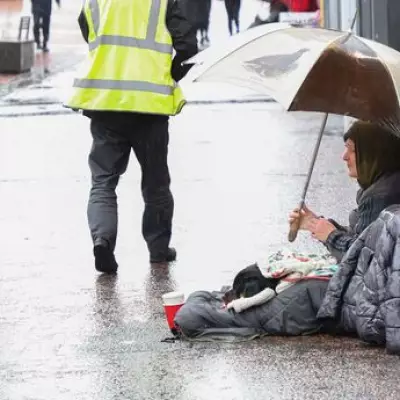
When 90-year-old Margaret suffered a frightening fall in her own home, the swift action of her local council's emergency response team proved nothing short of life-saving. The dedicated service, designed specifically to support vulnerable residents in crisis situations, demonstrated exactly why such community-focused initiatives are so vital.
A Life-Changing Intervention
Margaret's ordeal began with what could have been a catastrophic accident. Like many older adults living independently, a simple misstep resulted in a serious fall that left her shaken and vulnerable. Fortunately, the borough council's specialised support service was just a phone call away.
The rapid response team arrived promptly, bringing not just medical assessment but comprehensive care coordination. Their approach went beyond immediate first aid, addressing both Margaret's physical wellbeing and her ongoing safety concerns.
Beyond Emergency Care
What makes this council service particularly remarkable is its holistic approach to resident welfare. The team didn't simply treat Margaret's immediate injuries and depart. Instead, they conducted a thorough assessment of her home environment, identifying potential hazards that could lead to future accidents.
"The comprehensive support transformed what could have been a life-limiting incident into a manageable situation," explained a council spokesperson. "Our focus is always on restoring confidence and independence while ensuring safety."
A Model for Community Care
Margaret's positive experience highlights the crucial role local authorities play in supporting their most vulnerable residents. The service provided:
- Immediate emergency response and assessment
- Coordination with healthcare professionals
- Home safety evaluation and modifications
- Ongoing support and follow-up care
- Access to additional community resources
This case study serves as a powerful reminder of how well-structured council services can dramatically improve quality of life for elderly residents, allowing them to maintain their independence while receiving appropriate support.
The success of Margaret's story has sparked conversations about expanding similar services across other boroughs, potentially creating a blueprint for elderly care that combines emergency response with preventative measures and long-term support planning.





